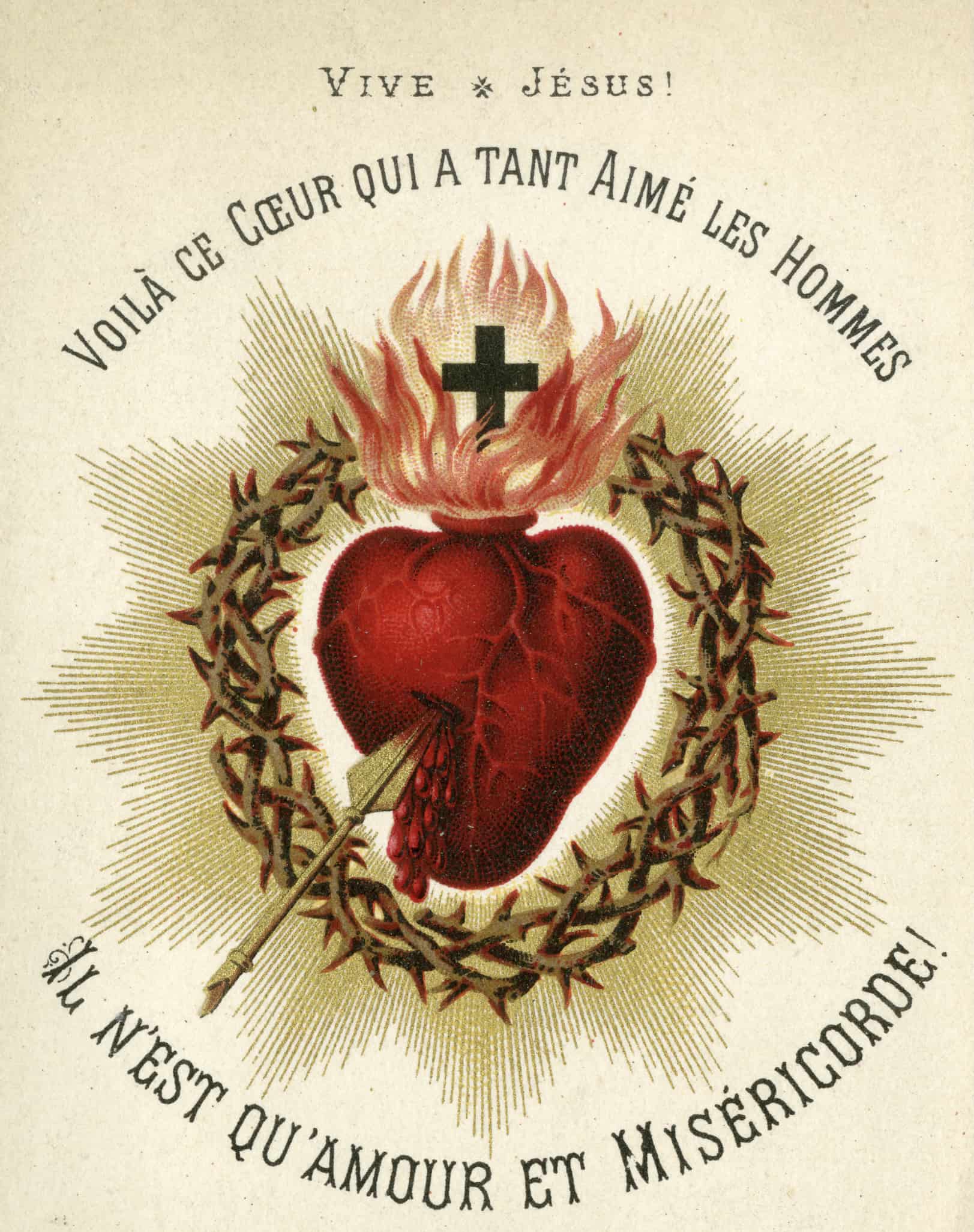
In addition to what I wrote in my last post about the philosophical concept of “nature” (CLICK HERE to read the first post in this series on the Sacred Heart), we can now further assert that nature not only determines what the being is and therefore what that being can do, but nature is also further determinative of what the being “ought” to do. The apple, for instance, ought to be ripe to eat, as that’s what an apple is for, to provide nutrition and taste good when consumed. We’re starting to get the idea here of purpose – what’s the purpose of an apple, a lion, a man, an angel…what’s the purpose, the reason for existing, also determined by nature. A man, for example, ought to be monogamous, faithful to wife, and not commit adultery. Even if, for the sake of argument, his wife were to never find out about the adultery. Even supposing, for the sake of argument, that his wife was okay with it. Nonetheless, precisely because he is a man, he ought not commit adultery – that is not what a man ought to do, that is not the purpose of a man in relationship with woman, so a man ought to instead be faithful to his marital vow. In other words, because we have a human nature, we are a human and can do things that humans can do. But additionally, we ought to live like a human, not a beast. So then, you are a human because you have a human nature, which gives you the ability to act in human ways, and further disposes you to act a certain way, too. According to something called the “natural law”, for example. So, nature determines what a being is, what it can do, and what it ought to do.
One last point on “nature” (before we discuss “person” in our next post) is that it is also a universal concept, meaning that all things that are the same kind of thing (all dogs or all cats) are the same kind of thing because they possess the same type of nature. All lions have the same type of nature (lion nature), all humans have the same type of nature (human nature), and so on and so forth. The implication being that if this human, by virtue of the human nature, ought to act a certain way, then every other human ought to, as well, since we all have the same type of nature. If it is right for me to worship the one, true God and wrong for me to murder, then it’s also right for you to worship the one, true God and wrong for you to murder. What goes for me, goes for you. There is no such principle as “what is good for you is good for you and what is good for me is good for me”, when in fact it’s precisely the opposite from what our modern day culture of moral relativism would stipulate. There is no “to each his own” because there is this universality to “man” and what a man is and what a man can do and what a man ought to do. Which is really the only basis for law and order in society because the code of behavior that I’m supposed to live by in virtue of being a human is the same code of behavior that you ought to live by in virtue of you also being a human. This philosophy of nature that we get from the likes of Socrates, Plato, Aristotle is what binds us together and forms the basis for a community. You end up otherwise with moral relativism, wherein there is no standard, no measure of behavior, no universal truths of morality binding upon all of us because everything is now relative, everything is now “to each his own” because if there’s nothing that determines what you are, what you can do, and what you ought to do, then you can’t say what’s true or false, right or wrong. But just look at the chaos in our culture today if you want to see the consequences of denying “nature”…ideas have consequences, the way that we think affects the way that we love, who we love, and how we love.
If you would like to learn more about the Sacred Heart of Jesus, then check out Daniel’s audio course on the Sacred Heart – 13 audio tracks with over 11 hours of content! CLICK HERE to learn more and purchase.

